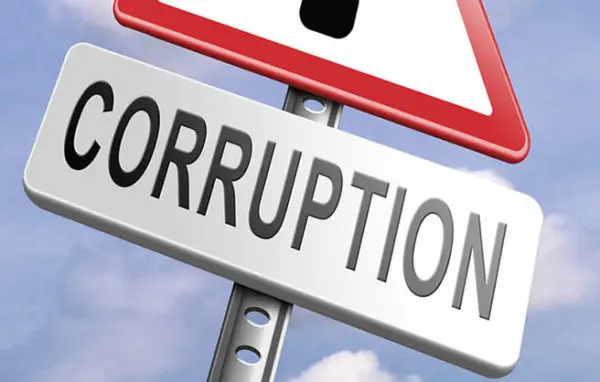The Executive Director of the Center for Information Technology and Development (CITAD), Engineer Yunusa Zakaria Ya’u, has decried over rising cases of corruption which has become a menace nationwide due to lack of accountability on the part of public officeholders by not taking responsibility for their mandate.
According to him,” When there’s no accountability, corruption will hold ground but citizens can promote accountability through civic engagement, and social media to demand transparency”.
He said this during a two-day capacity-building event for youths on accountability and anti-corruption organised by the organisation.
The training aim is to empower them with digital tools to investigate and interrogate their representatives in governance.
The training which was sponsored by the MacArthur Foundation and was attended by 40 participants from northern states including Kogi, Kaduna, Kano, Abuja, and others. The event took place at the Ni’ima Hotel in Kano.
During the event, the executive director of CITAD, Engineer Yunusa Zakaria Ya’u, explained that the training aims to equip young individuals with the necessary knowledge to actively participate in the fight against corruption.
He was represented by CITAD Campaigns and Communication Officer, Ali Sabo, who emphasized that corruption, which is the abuse of entrusted power for private gain, undermines fairness, justice, and efficiency in the nation.
He then disclosed that “For the next two days, participants will be equipped with knowledge of budget tracking, reporting abandoned projects and elements of accountability”.
When speaking on the paper presented and titled: Introduction to Accountability and Corruption, CITAD Campaigns and Communication officer, Ali Sabo identified corruption in the form of bribery, embezzlement, nepotism, cronyism, and fraud as major consequences of economic, political and social under development.
He therefore maintained that transparency is the practice of openly and clearly sharing information about actions, policies and processes within an organization or government involves making data, rules, and procedures accessible to the public.
Sabo then stressed that accountability is crucial to reducing corruption through effective institutions and engagement of citizens as well as efforts aimed at strengthening anti-corruption systems.
He highlighted that on “Some of the tools for monitoring and ensuring transparency in government projects includes open Treasury portal, tracker, NEITI, FOI ACT, ICPC, and E-GMP among others”.
